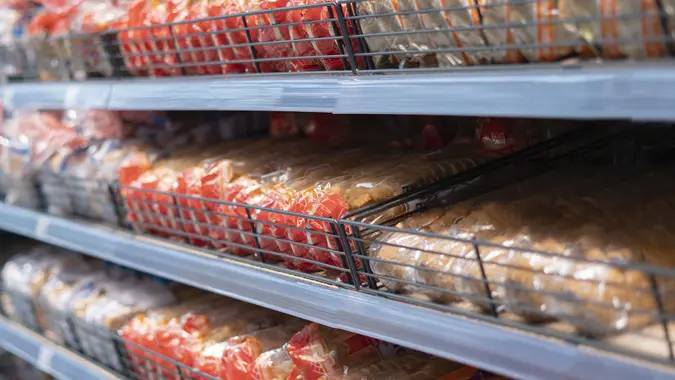
Persistent supply chain issues, climate change and the Russia-Ukraine war are just some of the reasons why food shortages will likely continue in 2023.
“We are on the way to a raging food catastrophe, and the world appears to be indifferent. People in five separate places are facing famine. At G20 Summit I warned that without coordinated action, this year’s crisis of affordability may become next year’s global food shortage,” United Nations (UN) Secretary General Antonio Guterres tweeted on Nov. 15.
Bread Shortages in 2023?
As Mashed reported, with the continuation of Russia’s war in Ukraine (the countries account for nearly 20% of global cereal grain production), “many bakeries and factories may struggle to obtain the necessary ingredients to make bread, leading to a potential shortage in 2023.”
And an August McKinsey report noted that next year may be even worse, as it estimated that crop production in Ukraine will decline by 35% to 45% in the next harvesting season, which started in July.
Potential Sunflower, Palm Oil Shortages
The Brookings Institution noted that in 2020, 52% of globally traded sunflower seed and oil came from Ukraine in 2020.
“Currently, edible-oil supply chains are disrupted and edible-oil prices increased even higher than cereals prices,” it added.
Compounding the issue, Mashed reported that there is a concurrent palm oil shortage in Indonesia.

